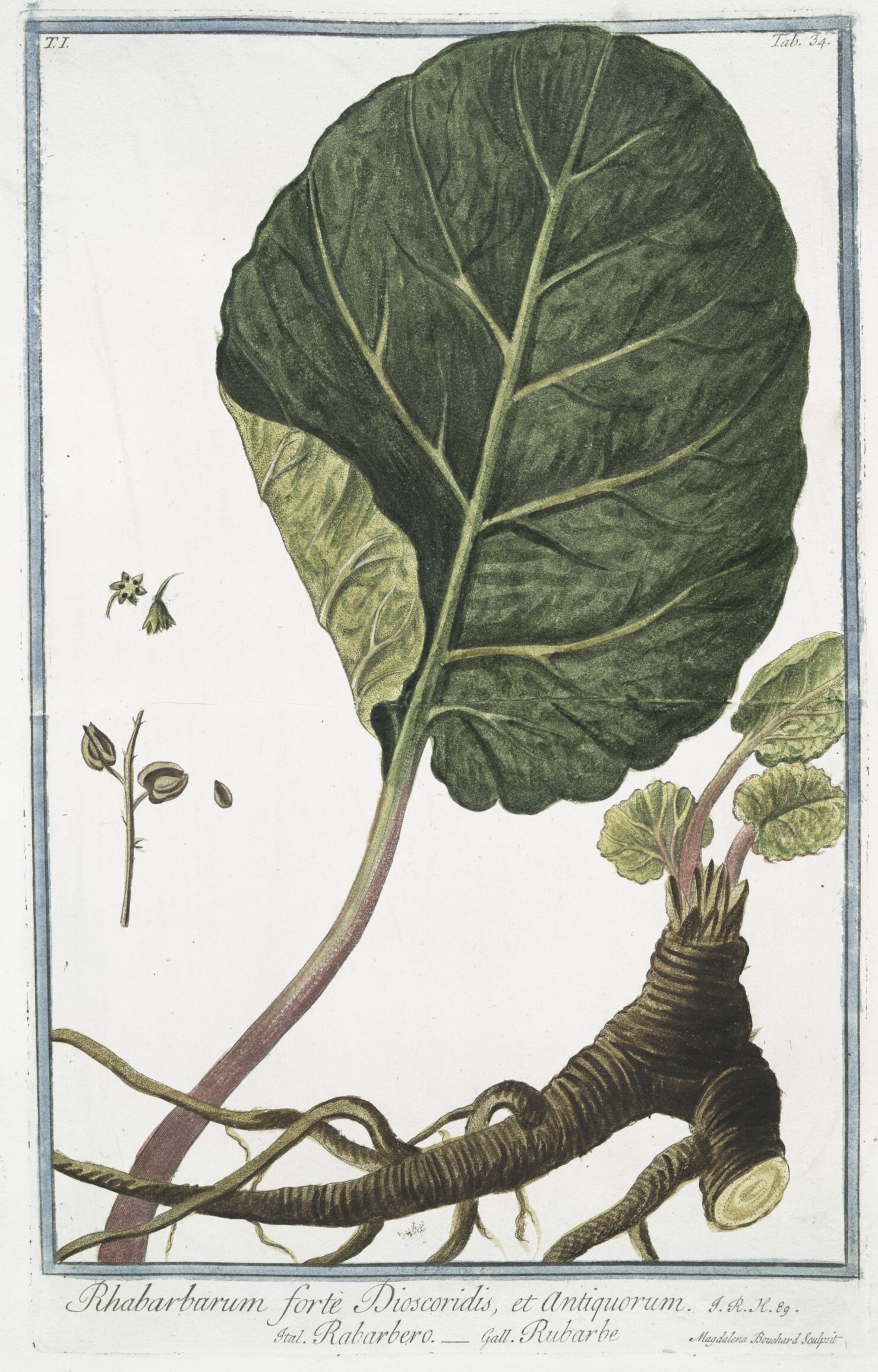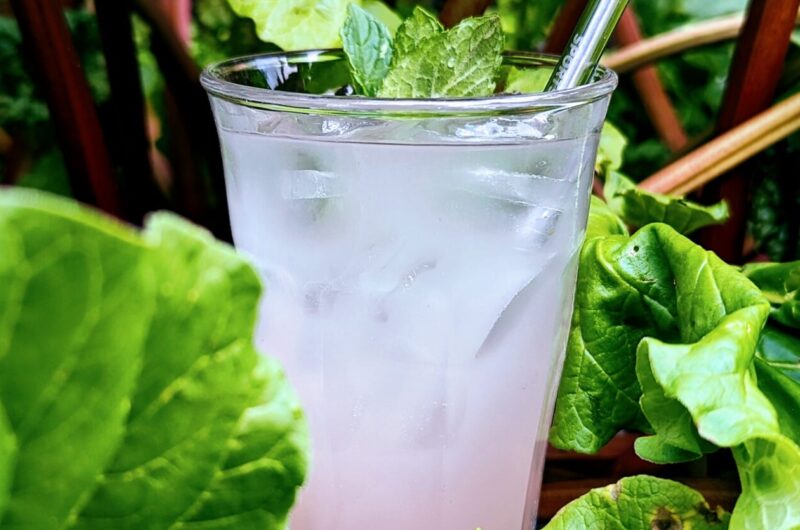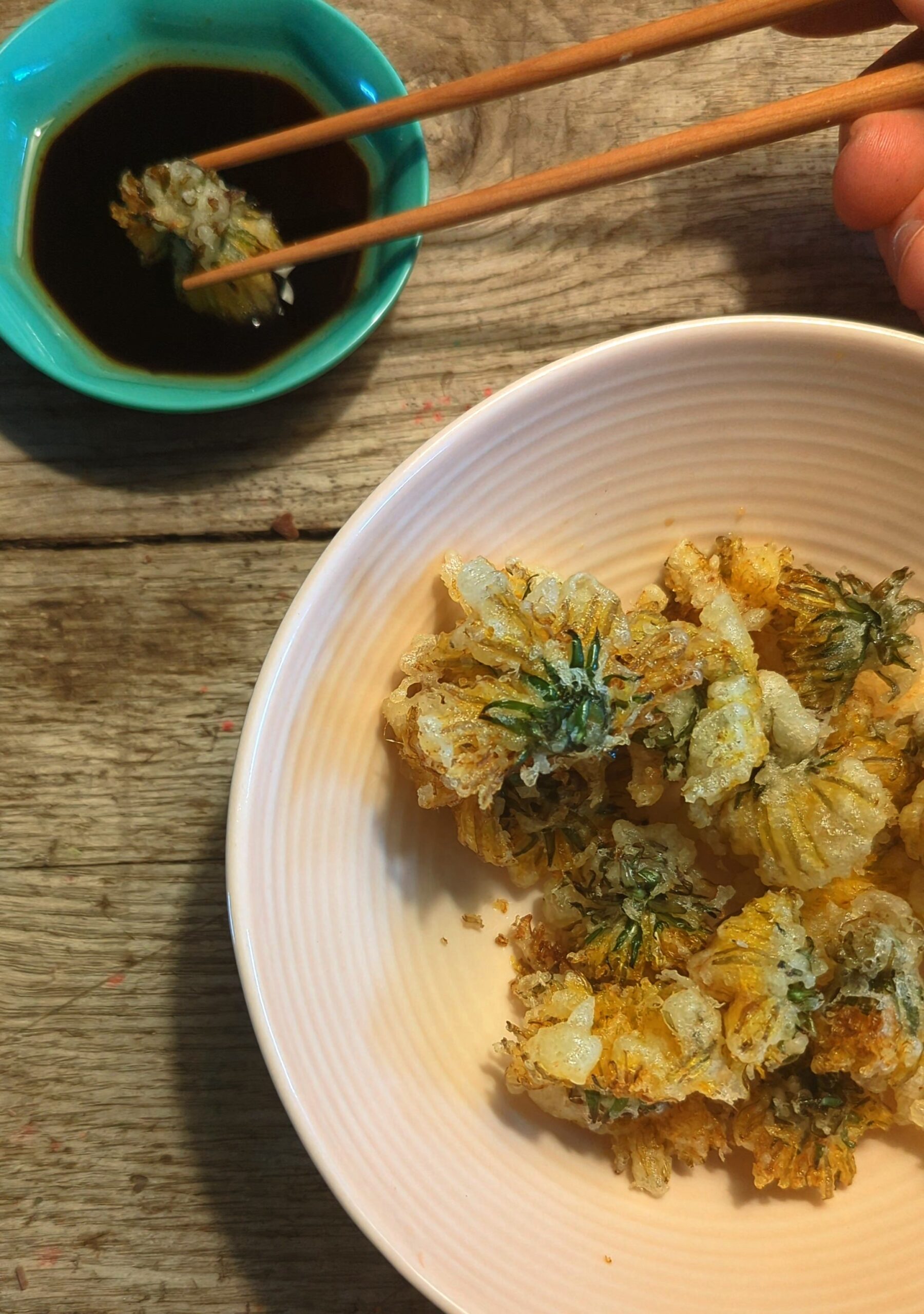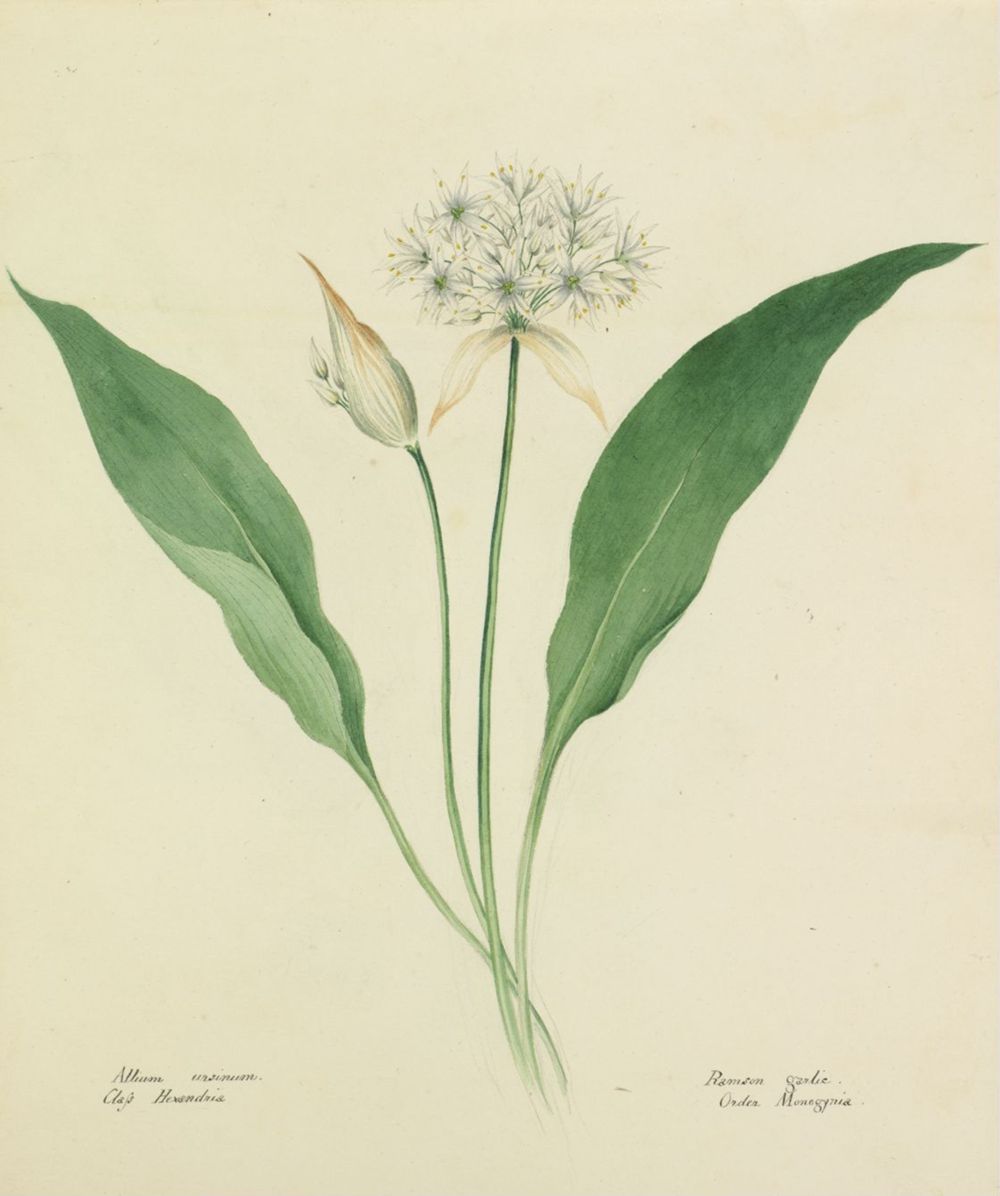Rhabarberschorle: A Refreshing Rhubarb Beverage
Rhubarb is one of the earliest plants we can harvest from the garden. It is simple to grow and can be easily obtained either from a generous friend who has a large rhubarb crown or from plant nurseries. It’s huge leaves atop pretty pink and red stems make it distinctive and easily identifiable and is an aesthetically pleasing addition to the garden. It is an incredibly versatile cooking ingredient beloved for its many uses in the kitchen.
In Sweet Dishes
Rhubarb is a classic ingredient in pies, cobblers, and crumbles. It is also a delicious addition to muffins, pancakes, and waffles. Rhubarb can be used to make jams, jellies, and preserves. It can also be used to make sorbet, ice cream, and popsicles.
In Savoury Dishes
Rhubarb can be used to make a variety of savoury dishes. It is a delicious addition to stir-fries, soups, and stews. Rhubarb can also be used to make chutneys, pickles, and relishes. It can even be used to make savoury pies and cobblers.
Health Benefits of Rhubarb
Rhubarb is a good source of fiber (although we remove the fibre in this particular recipe) and vitamin C. It is also a good source of antioxidants, which can help protect the body against damage from free radicals. Rhubarb has been shown to have a number of health benefits, including:
- Aiding digestion
- Reducing inflammation
- Boosting the immune system
- Lowering cholesterol
- Protecting the liver
- Reducing the risk of cancer
Pink Rhubarb
Some varieties of rhubarb are pinker than others. The rhubarb that grows in my garden has red stems but the rhubarb becomes greener as I cook it although it maintains a pinkish hue. There is little difference in flavour and very pink rhubarb can be as tart or as sweet (depending one when you harvest) as green rhubarb. Pink rhubarb gets its color from anthocyanins, which are a type of antioxidant. Anthocyanins are also responsible for the color of blueberries, raspberries, and red wine.
How to pick rhubarb
Here are some tips on how to pick rhubarb:
- Pick rhubarb when the stalks are firm and red. Avoid picking stalks that are green or have soft spots.
- The leaves of the rhubarb plant are poisonous (they’re full of oxalic acid and should not be eaten).
- Pull the stems rather than cutting them (as recommended by the Royal Horticultural Society). This will prevent stumps from forming, which can rot and damage the rhubarb crown.
- Harvest when the stems are 25-30cm (9-12 inches) long.
- Hold the stems at the base and pull gently outwards. They’ll making a very satisfying popping sound.
- Do not take more than half of the total stems at any one time.
- Wash the rhubarb stalks thoroughly before using them.
Rhabarberschorle
My favourite use for rhubarb however is to turn it into a light crisp drink. It’s very popular in Germany and Austria and it is becoming increasingly popular elsewhere in the world. If you’ve ever tried rhubarb drinks found in UK supermarkets they’re quite unlike properly made rhabarberschorle. The canned drinks by the likes of Cawston Press are combined with apple juice and taste far more like a glass of rhubarb and custard sweets which fail to capture the refreshing tartness of Rhubarb. Although ultimately we’re making a syrup rhababerschorle is not full of sugar resulting in a drink that a good source of vitamins and low in calories!
Rhabarberschorle is a refreshing and healthy beverage that is perfect for any occasion not least during a hot day in the garden but it can also be elevated into something I happily serve guests at garden parties.
Rhabarberschorle
Difficulty: Easy10
servings10
minutes15
minutesIngredients
1kg Rhubarb
250g Sugar
1 Lemon
500ml water + extra
Sparkling water to serve
Ice to serve
Directions
- Trim your rhubarb so that no leaf remains and dice into 3-5cm pieces.
- Add your rhubarb to a saucepan with the juice of the lemon as some strips of the lemon peel. I squeeze the lemon and throw half of it in the pan rather than faff with peeling.
- add a few tablespoons worth of water to the pan. Bring to a simmer and cook the rhubarb until it breaks down.
- Strain for rhubarb into a bowl overnight and for up to 24 hours. I use muslin / cheesecloth as this allows for me to squeeze any remaining liquid out of the rhubarb pulp.
- Add the rhubarb liquid, sugar and 500ml of water into a clean saucepan. Bring to a simmer, stirring to ensure the sugar dissolves.
- Decant into a clean bottle.
- Once the rhubarb syrup has cooled add to a glass full of ice and top with sparkling water. I aim for 1/6th rhubarb syrup to 5/6th sparkling water however you can adjust this to suit your tastes.
- Garnish with mint.
- Enjoy!
Other uses for rhabarberschorle
Once you have made the syrup it can be combined with any number of different drinks. It’s particularly good added to champagne or prosecco as you would add cassis in a Kir Royale. Rhubarb and champagne doesn’t have an official name that I’m aware of but I like to call it a Rhubarbra Streisand.
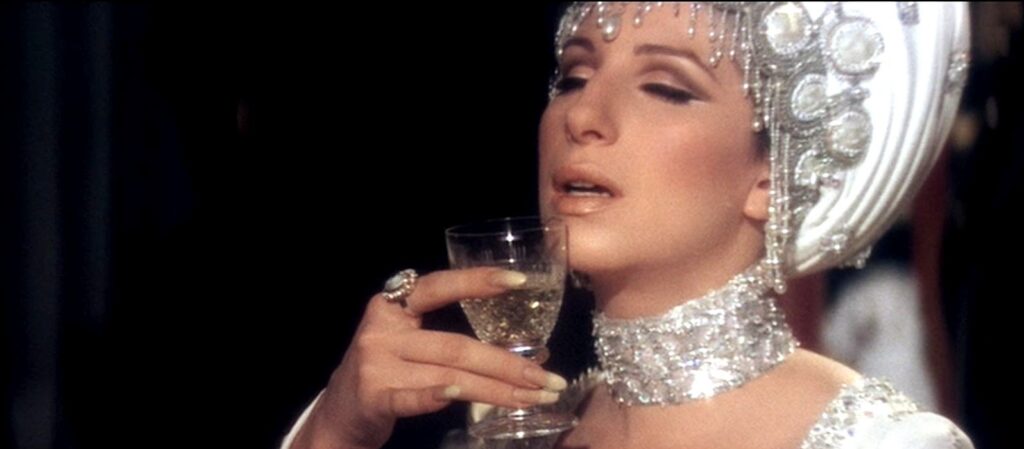
It can also be made into a rhubarb martinis, mojitos and margaritias amongst many others!
Tips:
- You can use fresh or frozen rhubarb in this recipe.
- If you want a sweeter drink, you can add a little bit of honey or more sugar to the rhubarb juice.
- You can also add other ingredients to rhabarberschorle, such as lemon juice, ginger, or mint.
- Rhabarberschorle is best enjoyed chilled.
Conclusion
Rhubarb is a versatile and delicious vegetable that can be used in a variety of sweet and savory dishes. It is a good source of fiber, vitamin C, and antioxidants. Rhubarb has been shown to have a number of health benefits. So next time you see the huge mound of rhubarb growing in the garden, or rhubarb at the supermarket, pick some up and try it in the kitchen.
